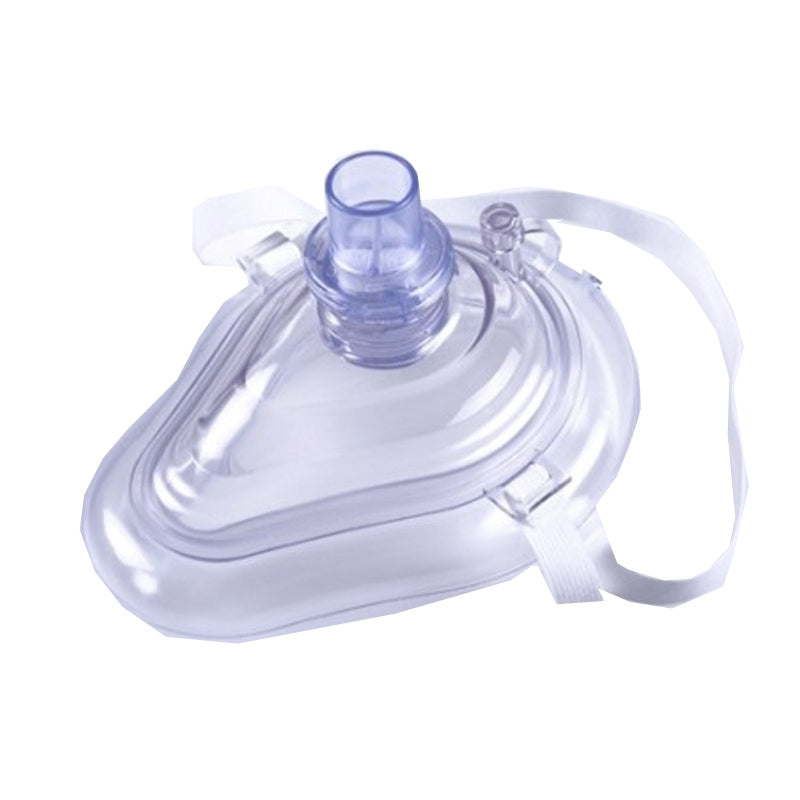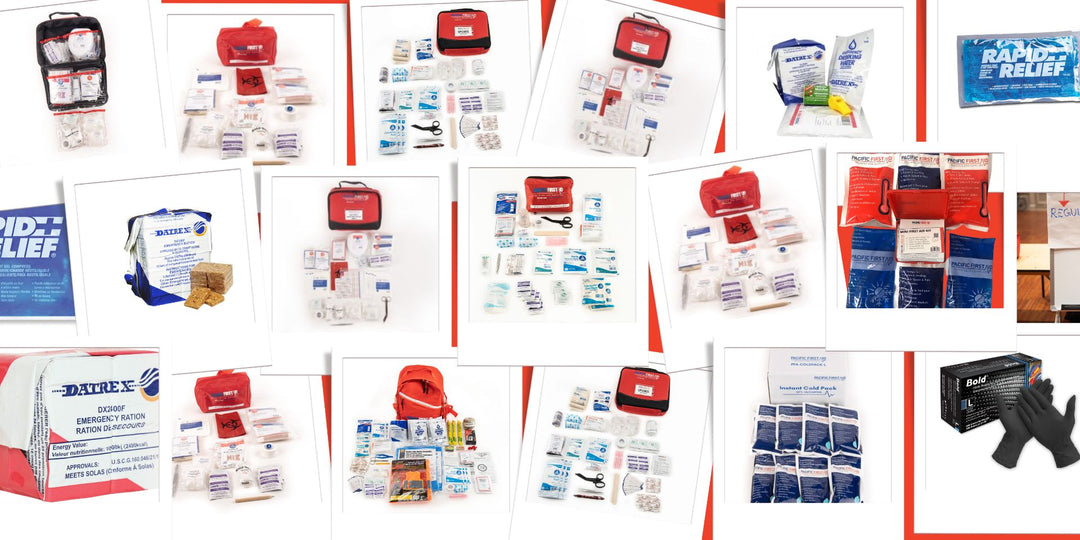
‘Industry’ recalls more mystery meat because of risk of E. coli
Photo Credit: Caleb Woods
Posting recall No. 23 for beef because of the risk of E. coli infections, Canadian officials continue to repeat vague information about the situation that now includes 875 individual products.
The Canadian Food Inspection Agency also continues to report that it has not received any information about confirmed illnesses in relation to the recalled beef and veal products. All of the products in the 23 recalls have the potential to be contaminated with E. coli O157:H7, which is a particularly virulent strain of the pathogen.
In all of the recalls posted since Oct. 3, the agency (CFIA) says the action was “triggered by the CFIA’s inspection activities.” The agency has not released any details on what kinds of inspection activities or whether they included laboratory testing.
As with many of the other 22 recalls the CFIA does not identify what company has initiated the 23rd recall. The agency reports that “industry” is recalling the products.
Similarly the CFIA has not made public how many tons of meat is involved overall or the entities involved in the supply chain, from ranchers forward through slaughterhouses, packers, distributors, etc. Some retail brands have been named in the list of 875 recalled products.
About E. coli infections
Anyone who has eaten any of the implicated products and developed symptoms of E. coli infection should seek medical attention and tell their doctor about their possible exposure to the bacteria. Specific tests are required to diagnose the infections, which can mimic other illnesses.
The symptoms of E. coli infections vary for each person but often include severe stomach cramps and diarrhea, which is often bloody. Some patients may also have a fever. Most patients recover within five to seven days. Others can develop severe or life-threatening symptoms and complications, according to the Centers for Disease Control and Prevention (CDC).
About 5 to 10 percent of those diagnosed with E. coli infections develop a potentially life-threatening kidney failure complication, known as a hemolytic uremic syndrome (HUS). Symptoms of HUS include fever, abdominal pain, feeling very tired, decreased frequency of urination, small unexplained bruises or bleeding, and pallor.
Many people with HUS recover within a few weeks, but some suffer permanent injuries or death. This condition can occur among people of any age but is most common in children younger than five years old because of their immature immune systems, older adults because of deteriorating immune systems, and people with compromised immune systems such as cancer patients.
People who experience HUS symptoms should immediately seek emergency medical care. People with HUS will likely be hospitalized because the condition can cause other serious and ongoing problems such as hypertension, chronic kidney disease, brain damage, and neurologic problems.
Sourced From: - Food Safety News
For more food safety news, first aid news, first aid training, and first aid courses visit us at Pacificfirstaid.ca






